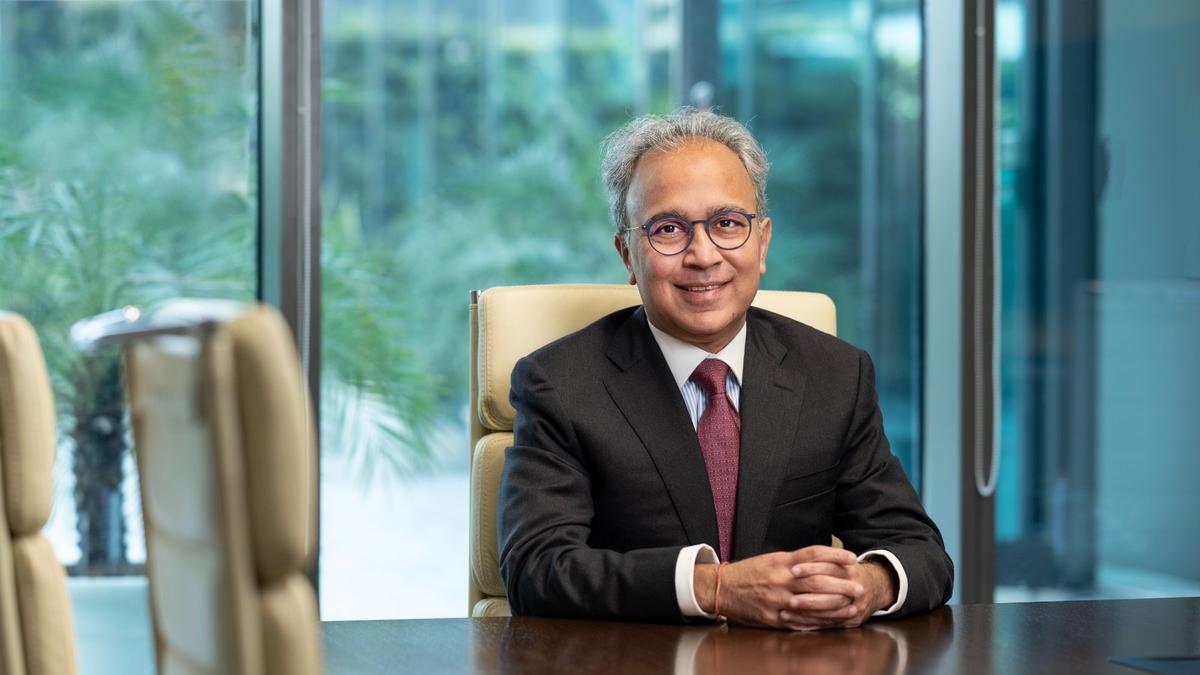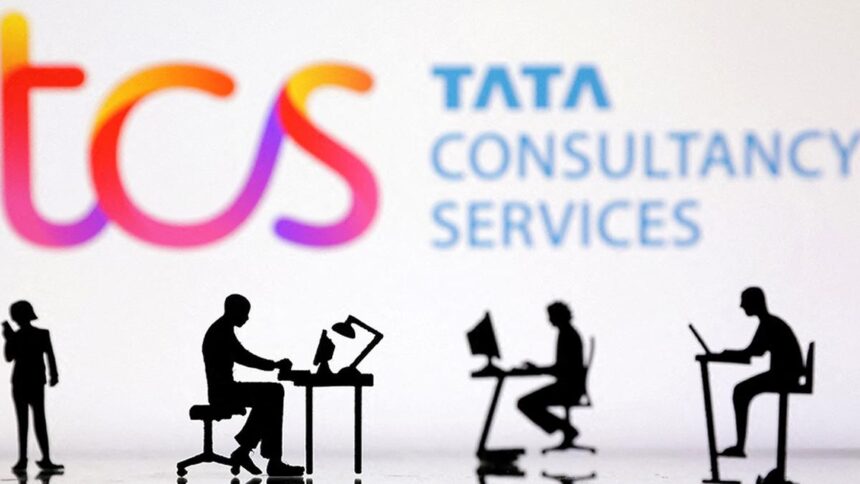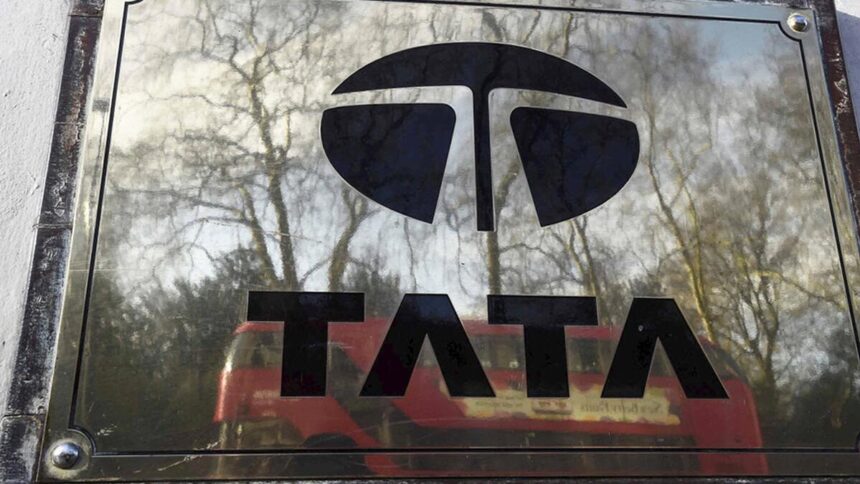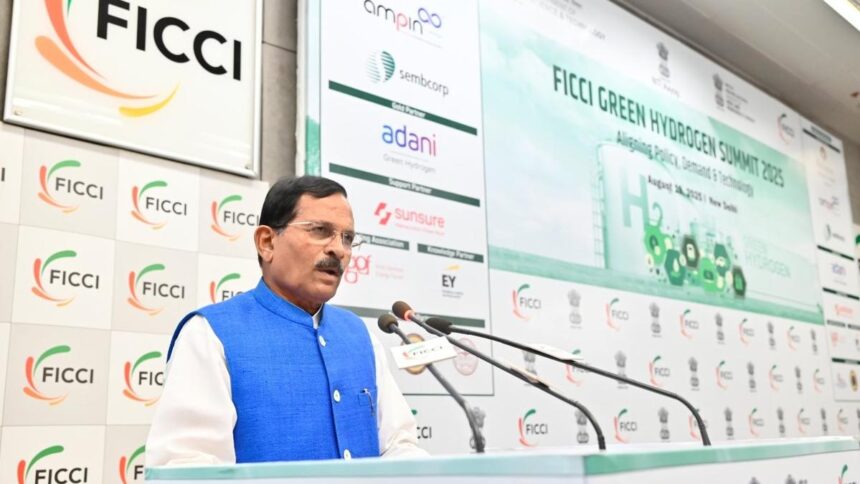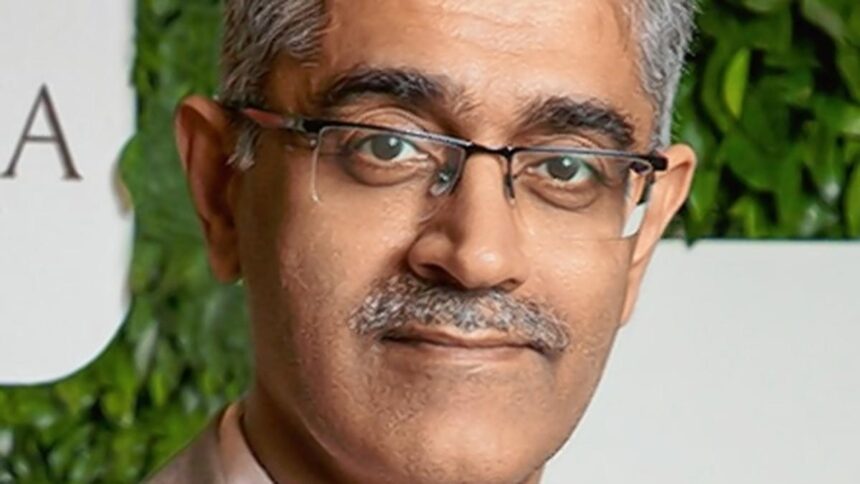Private sector investment is gradually reviving, and there are signs that consumer demand will also pickup soon, but there are a number of steps the government can take to encourage private investment, according to Confederation of India Industry (CII) president Rajiv Memani.
The central government has to ensure that processes such as obtaining clearances are speeded up and it must work with States to ensure the right kinds of skilled labour are available, depending on the kind of business that is coming up in various regions.
“There’s no actual accurate way of capturing those numbers, but whenever we have done the analysis over the last few years, we have seen that private sector investment has gradually moved up,” Mr. Memani said in an interview with The Hindu. “In the last few years, I think from 2023-24, private sector investments are starting to pick up. Now, should they be higher? The answer is yes. Investments are a must.”
He added that the government has done a commendable job to step up its own investments, but added that there are several factors that are currently affecting private sector investment sentiment.
The first is the global uncertainty that is currently prevailing. He explained that companies are holding off on investment decisions because there is a lot of uncertainty about issues like tariffs and penalties, and the attitude of some leaders to investments made abroad.
“If I have to set up, say, more capacity on electronics manufacturing to export, and one day some leader comes up to say that you cannot set up more capacity and why don’t you set up in the U.S., so you defer those investments,” Mr. Memani said, adding that this kind of uncertainty will ease once various trade deals are signed.
He added that the government has to also “really work hard” in trying to see how to create a better environment for the ease of doing business.
“Some of the processes, whether it’s allocation of land, especially to MSMEs, environmental clearances, NOCs, availability of capital to MSMEs, if some of those things can be sped up, then I think it will definitely have a positive impact on private investment,” he explained.
The third factor affecting private investment was the lack of adequate and suitable labour.
“When you talk to some of the larger companies who are looking at massive capital expenditure, they are saying they are not able to achieve the full potential of their capex because people are not available,” he said. “Now, I think some of it is skilled manpower, some may not be skilled.”
He said the government and the private sector have to work together to address the skills issue in a more aggressive and structured way. An important aspect of this is to determine which parts of the country require what kind of labour.
“So, as an example, if Gujarat is where semiconductors are going to come, then do we have enough people in Gujarat and are we training them well in advance before some of those things actually come into play,” he asked. “A lot of electric vehicle plants are getting centered in Tamil Nadu, Mysore, and Bengaluru. Do we have enough skilled manpower in that? If not, do we need to be training them for that?”
Similarly, he said that a lot of mining activity is coming up in Odisha, but questioned whether the state has enough skilled manpower to handle that demand.
Finally, Mr. Memani pointed out that, once domestic consumption picks up, companies would be looking to add capacity. He added that there is greater confidence now on domestic consumption.
“I think rural consumption numbers are looking better,” he said. “Urban consumption is still not coming, but I think there is a general sense of confidence that things will look better. Once there is more global certainty, once the interest rate reductions get factored in, there’s more liquidity in the system, you have a better monsoon in most parts of the country, crop sowing has been very high.”
Published – July 06, 2025 12:11 pm IST








